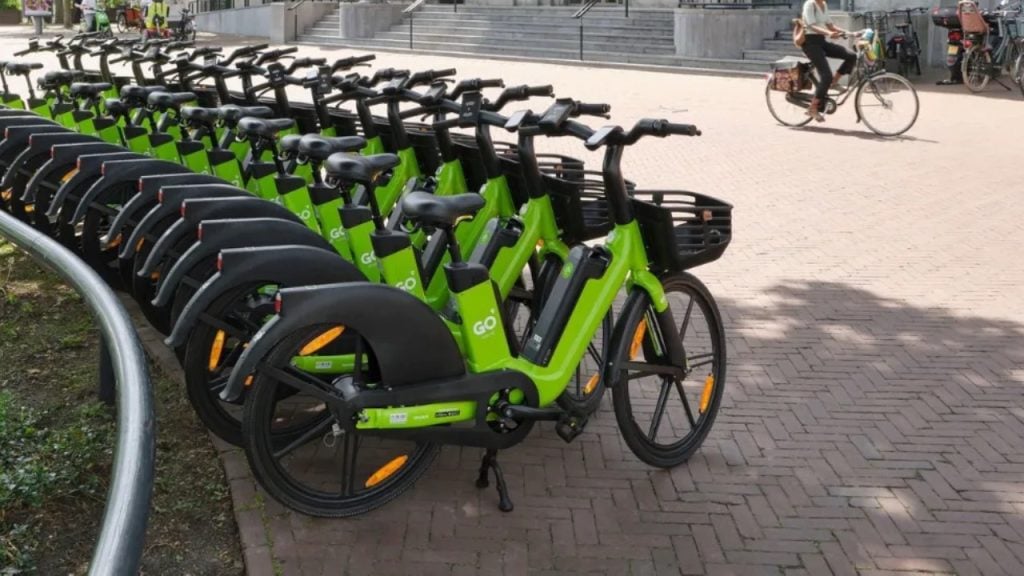The use of electric scooters and bikes is becoming increasingly popular worldwide. These vehicles are seen as a more convenient and environmentally friendly way to get around, and the number of rental companies offering them is growing rapidly. However, the growing popularity of this EV’s has led to some challenges. Now, some Chinese cities like Guangzhou, unable to cope with these problems, are looking to restrict electric bikes. Here are the details…
The Future of Electric Bikes in Question!
The increasing popularity of electric scooters and bikes has led to some problems. Riders who ride on sidewalks endanger pedestrians, and those who ride on roads without proper training or knowledge of the rules can cause traffic hazards. These problems have led to fatalities in some cases. For example, in 2019, there were over 10,000 traffic accidents involving e-bikes in China, resulting in over 2,000 deaths. This number is likely to have increased in the four years since. Further, it is reported that a first tier city in China, Guangzhou had to investigate and deal with more than 1.6 million cases of electric bicycle traffic violations by 2022, a staggering increase as compared to the previous years.

In response to the growing number of traffic violations and accidents involving electric bicycles, some Chinese cities, such as Guangzhou, are considering restricting their use. Guangzhou alone has over 3.22 million registered electric bikes, but the actual number may be higher.
The Guangzhou government has recently released a draft notice on the management of electric bicycles, proposing restrictions on their usage based on location and time. According to the draft notice, many areas across the city would be subjected to the restrictions, including full-day limitations, restrictions from 7:30 a.m. to 7:30 p.m., and peak-hour restrictions.
Guangzhou traffic police show that in 2021, they handled over 1.12 million cases of traffic violations by electric bikes, up 169% from the previous year. In 2022, the number of violations exceeded 1.6 million, a sharp increase even after comprehensive governance and educational guidance efforts. Moreover, the number of electric bicycle owners purchasing insurance is alarmingly low, with only approximately 240,000 insured. The proposed restrictions are a move to address the growing safety concerns surrounding electric bicycles.
However, some people are concerned that restricting the use of e-bikes will make it more difficult for people to get around, especially those who cannot afford cars. They argue that e-bikes are a convenient and affordable form of transportation, and that banning them would only make the problem of traffic congestion worse.
It is unclear whether the benefits of e-bikes will convince Guanzhou’s administrators to not implement a ban. Also, this problem is not unique to China, as city administrations around the world are considering similar bans. The debate over e-bikes is likely to continue for some time, but it is clear that something needs to be done to address the traffic chaos and safety concerns caused by these vehicles.
RELATED:
- POCO F5 vs POCO F5 Pro: Specs Comparison
- China-South Korea Technology Trade Declines in May, thanks to the Ongoing US-Chian Tech War
- ByteDance Buys Enough Nvidia GPUs for All of China in Order to Secure Its…
- Gazelle Espirit C7 HMS electric bike with 120km range launched in EU & the…
- New GBoost V8 Kit can transform any bike into an electric bicycle within minutes
(source)







